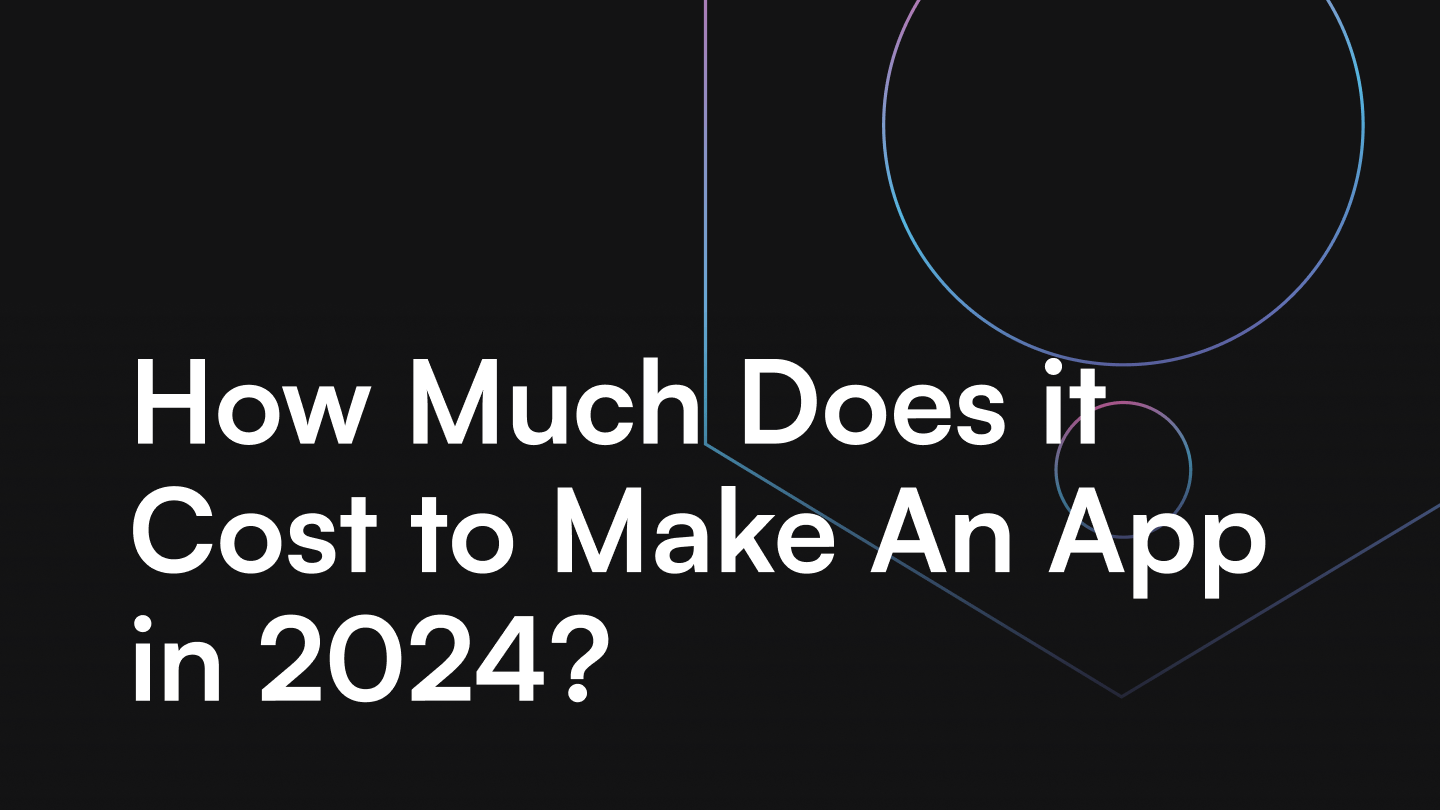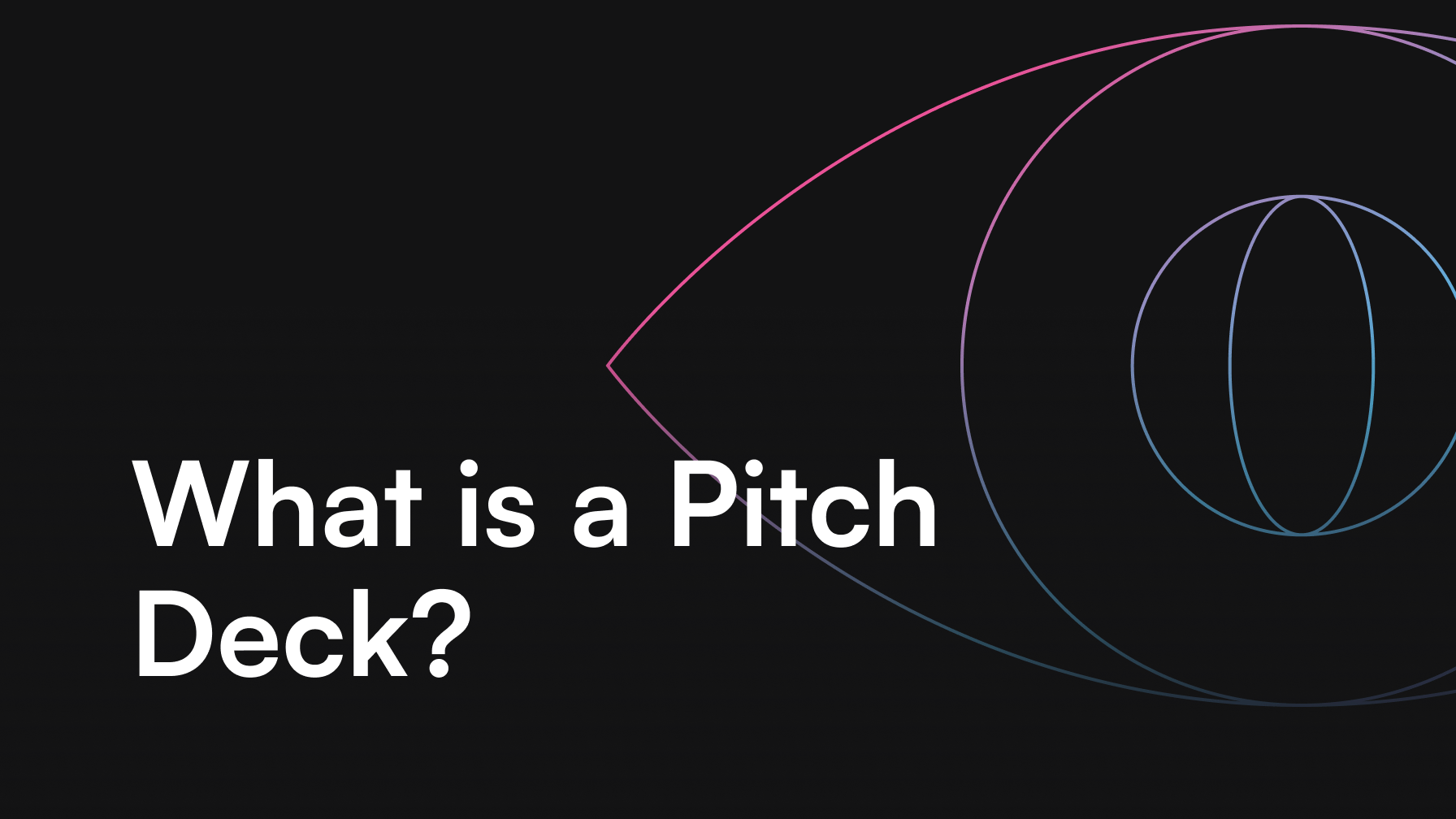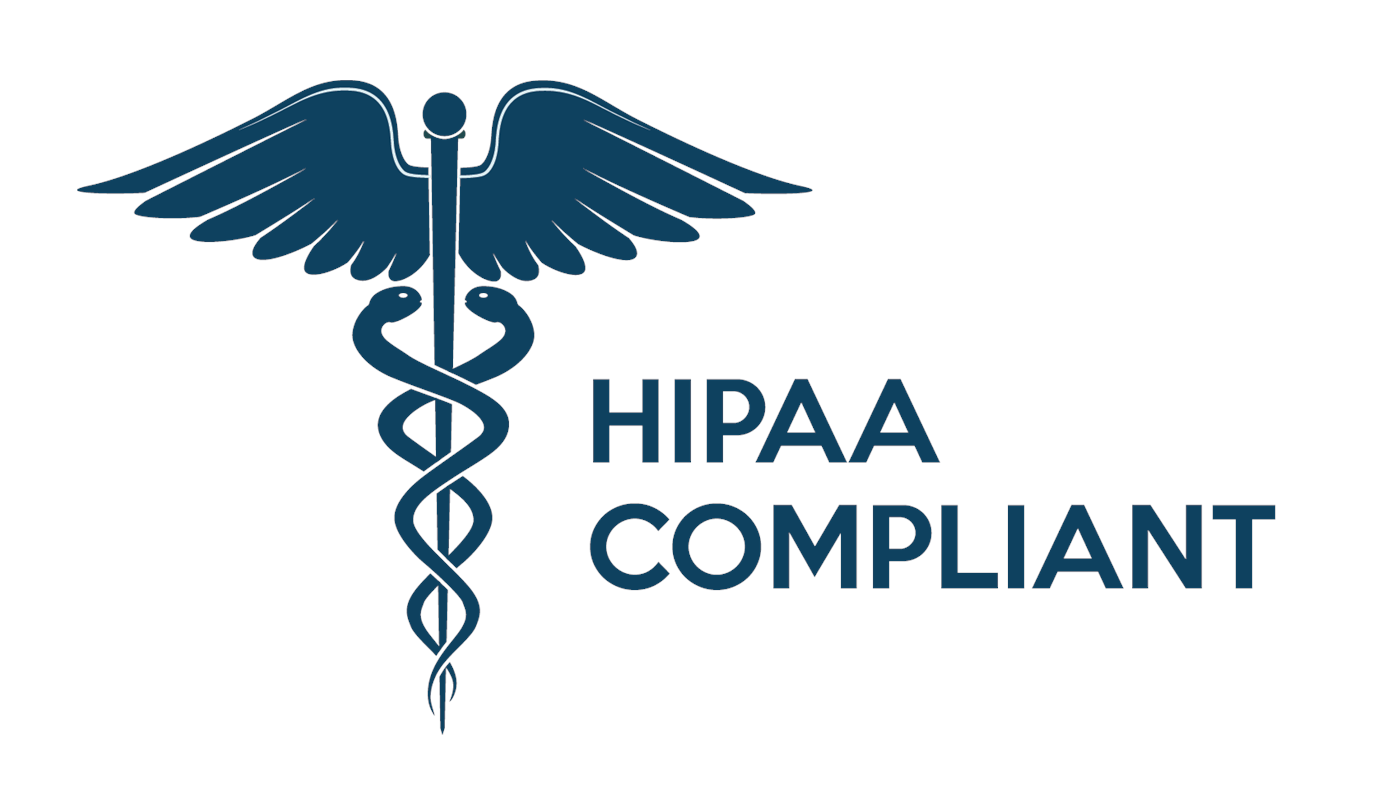The Future of Medicine: How AI Impacts Diagnostics and Treatment in Hospitals

Krzysztof Hubnicki

Table of Contents:
- Introduction
- A brief overview of the role of technology in medicine.
- Understanding the need for innovation in healthcare.
- Artificial Intelligence in Diagnostics
- How AI aids in disease identification through medical imaging.
- The role of deep neural networks in oncology and radiology.
- Case study: achievements and challenges.
- AI in Treatment and Prognostics
- Personalizing treatment through patient data analysis.
- AI’s role in patient monitoring and predicting treatment responses.
- Assisting clinical decisions.
- Integrating AI with Hospital Systems
- The collaboration of AI with existing hospital IT infrastructures.
- Improving workflow processes and patient management optimization.
- The Role of Mobile Medical Apps in the AI Era
- How mobile apps bridge the gap between patients and modern healthcare.
- Highlighting the success of the HomeDoctor app developed by itCraft as a prime example of healthcare innovation.
- Challenges and Controversies Surrounding AI in Medicine
- Ethical concerns related to AI in healthcare.
- Potential barriers in the implementation and acceptance of AI technology in hospitals.
- Conclusion and Future Outlook
- The potential of AI in shaping the future of medicine in the coming years.
- An encouragement to keep an eye on the technological evolution in healthcare.
1. Introduction
The rapid advancement of technology has created waves of transformation across various industries, and healthcare stands at the forefront of this revolution. With a rich history intertwined with technological evolution, the world of medicine has always been receptive to innovations that can enhance patient care and improve medical outcomes.
A Brief Overview of the Role of Technology in Medicine
From the development of the stethoscope in the 19th century to the rise of telemedicine platforms in the 21st, technology has consistently paved the way for medical breakthroughs. Today, as digital solutions become increasingly integrated into our daily lives, their impact on the healthcare sector is undeniable. Cutting-edge technologies, including artificial intelligence (AI), big data, and Internet of Things (IoT), are forging new pathways for diagnostics, treatment, and patient management.
Understanding the Need for Innovation in Healthcare
Healthcare systems worldwide face numerous challenges, from rising patient numbers to the growing complexities of chronic diseases. As medical professionals grapple with these challenges, the demand for more efficient and precise diagnostic and treatment methods becomes apparent. Enter the realm of AI and its vast potential. By harnessing the power of AI algorithms, the medical community can analyze vast datasets in seconds, uncover hidden patterns, and make informed decisions faster and more accurately than ever before.
Moreover, as patient expectations evolve, there’s a growing demand for personalized and convenient healthcare solutions. Innovative platforms, like the HomeDoctor app developed by itCraft, exemplify how technology is bridging the gap between medical professionals and patients, offering tailored solutions at the touch of a button.
In this journey through the transformative power of AI in hospitals, we’ll delve deeper into its applications, from diagnostics to treatment, and explore the future landscape of medicine in the AI-driven era.
2. Artificial Intelligence in Diagnostics
The realm of diagnostics has witnessed unprecedented advancements in recent years, with artificial intelligence playing a pivotal role. By leveraging AI-driven solutions, healthcare professionals can delve deeper into patient data, identify patterns beyond human perception, and achieve a level of precision previously unattainable.
How AI Aids in Disease Identification Through Medical Imaging
Medical imaging, encompassing modalities like X-rays, MRIs, and CT scans, stands to gain immensely from AI innovations. Traditional diagnostic methods rely heavily on the expertise of radiologists, who, despite their skill, can sometimes overlook subtle anomalies. AI-powered imaging tools use deep learning algorithms to analyze thousands of images, learning and improving their diagnostic capabilities over time. As a result, they can pinpoint even the most elusive signs of diseases, ensuring that potential issues are caught early and accurately.
The Role of Deep Neural Networks in Oncology and Radiology
Oncology, the study of cancer, is one area where timely and precise diagnosis can mean the difference between life and death. Deep neural networks, a subset of AI, have shown remarkable efficiency in identifying tumors, assessing their stage, and even predicting their potential growth patterns. These AI models are trained on vast datasets, enabling them to differentiate between benign and malignant growths with astounding accuracy. Similarly, in radiology, these networks help in detecting fractures, anomalies, and other conditions that might be missed by the human eye.
Case Study: Achievements and Challenges
Consider the case of a leading hospital that integrated AI into its diagnostic procedures. Within months, they recorded a 30% improvement in early detection rates for certain conditions. Furthermore, patient feedback indicated higher confidence levels in diagnostic outcomes. However, the journey wasn’t without challenges. Data privacy concerns, integration issues with existing systems, and the need for continuous training and updates for the AI models were hurdles that needed to be addressed.
Incorporating AI into diagnostics is more than just a technological shift; it’s a transformation of the very essence of patient care, promising a future where diagnoses are faster, more accurate, and tailored to individual needs.
3. AI in Treatment and Prognostics
The revolutionary influence of artificial intelligence extends beyond just diagnostics. Treatment and prognostics, integral components of healthcare, are experiencing transformative changes under the aegis of AI. These advancements not only promise better treatment outcomes but also forecast a patient’s health trajectory, enabling preemptive measures and individualized care.
Personalizing Treatment Through Patient Data Analysis
One size doesn’t fit all – a sentiment that’s particularly true in healthcare. With the diverse genetic makeup and unique health histories of patients, treatment personalization is imperative. AI, with its ability to analyze massive datasets, helps in deciphering a patient’s medical history, genetics, and other relevant factors. This detailed insight allows healthcare providers to devise treatments that are specifically tailored, ensuring higher efficacy and reduced side effects.
AI’s Role in Patient Monitoring and Predicting Treatment Responses
Continuous patient monitoring, especially for those with chronic conditions, can be a logistical challenge. Enter AI-driven wearable devices and remote monitoring systems. These technologies provide real-time feedback on a patient’s vital stats, ensuring timely interventions when anomalies arise. Furthermore, by predicting a patient’s response to a particular treatment based on historical data, AI can help doctors adjust treatment plans dynamically, improving the chances of success.
Assisting Clinical Decisions
Clinical decisions, often based on multifaceted data and intricate medical knowledge, are pivotal moments in a patient’s healthcare journey. AI tools, equipped with machine learning algorithms, assist doctors by presenting evidence-based recommendations. For instance, by analyzing the outcomes of similar cases or treatments, AI can suggest the most promising therapeutic approach, ensuring that decisions are data-driven and grounded in extensive research.
The integration of AI in treatment and prognostics heralds a new era in healthcare. An era where decisions are more informed, treatments are more personalized, and patients are more empowered.
4. Integrating AI with Hospital Systems
Modern healthcare isn’t just about cutting-edge treatments and innovative diagnostic methods; it’s also about ensuring these solutions seamlessly integrate with the existing hospital infrastructure. As the digital transformation journey accelerates, hospitals are now tasked with melding traditional systems with the transformative capabilities of artificial intelligence.
The Collaboration of AI with Existing Hospital IT Infrastructures
Hospital IT infrastructures are vast and complex. From patient management systems to electronic health records (EHRs), these systems store crucial data that, when combined with AI, can yield invaluable insights. However, the integration is not always straightforward. It involves ensuring data interoperability, securing patient information, and training staff to utilize these new tools effectively. The rewards? Enhanced patient care, streamlined operations, and improved decision-making processes.
Improving Workflow Processes and Patient Management Optimization
Hospitals are bustling hubs of activity, and managing patient flow and resources can be challenging. AI-powered predictive analytics can help in this regard. By analyzing patient inflow, bed availability, and other logistical factors, AI can optimize resource allocation, ensuring that patients receive timely care without overburdening the staff. Moreover, AI tools can also assist in scheduling, inventory management, and even in predicting potential outbreaks or patient surges.
Ushering in a New Era of Hospital Management
The incorporation of AI into hospital systems is ushering in a paradigm shift. As these technologies take root, we can expect more streamlined operations, reduced operational costs, and enhanced patient experiences. Hospitals that leverage AI tools effectively stand to benefit not just in terms of efficiency, but also in delivering superior care to their patients.
The journey of integrating artificial intelligence with hospital systems might be intricate, but the potential outcomes make it a pursuit worth undertaking.
5. The Role of Mobile Medical Apps in the AI Era
In today’s digital age, the confluence of mobile technology and healthcare is inevitable. As smartphones become ubiquitous, they offer a potent platform for delivering healthcare solutions right at our fingertips. When combined with the power of artificial intelligence, mobile medical apps are poised to redefine our healthcare experiences.
How Mobile Apps Bridge the Gap Between Patients and Modern Healthcare
Accessibility and convenience are the cornerstones of modern healthcare. Mobile medical apps, driven by AI, offer patients a direct window to health solutions without the constraints of geography or time. Whether it’s remote consultations, medication reminders, or symptom tracking, these apps provide personalized care that resonates with the demands of today’s tech-savvy patients.
Highlighting the Success of the HomeDoctor App Developed by itCraft
A prime example of the synergy between mobile technology and healthcare is the HomeDoctor app, a stellar innovation developed by itCraft. By leveraging AI algorithms, HomeDoctor offers an intuitive platform for users to seek medical consultations, schedule visits, and even receive treatment recommendations. Its success isn’t just testament to the growing demand for digital health solutions but also showcases how intelligently designed apps can offer tangible benefits to both patients and healthcare providers.
The Future of Mobile Medical Apps in the AI Landscape
As the horizons of AI expand, so do the possibilities for mobile medical apps. From real-time diagnostics using smartphone cameras to AI-driven therapy chatbots, the future is replete with potential. The key will be to design apps that are user-centric, ensuring that while technology might be at the core, human well-being remains the focal point.
In an age where every industry is being transformed by digital innovations, healthcare stands to gain immensely. Mobile medical apps, armed with the capabilities of AI, are just the tip of the iceberg in this transformative journey.
6. Ethical Implications and Challenges in AI-driven Healthcare
As artificial intelligence gains prominence in healthcare, the spotlight inevitably shifts to the ethical considerations and challenges surrounding its adoption. While the prospects of AI-driven healthcare are undeniably transformative, it’s essential to navigate this new landscape with caution, understanding, and a commitment to upholding the highest standards of medical ethics.
Balancing AI Efficiency with Patient Privacy
One of the most significant ethical concerns revolves around patient data privacy. AI algorithms require vast amounts of data to operate optimally. However, this data, if mishandled, can breach the confidentiality integral to the patient-doctor relationship. Ensuring that AI tools respect and uphold data privacy laws, like the General Data Protection Regulation (GDPR), is crucial.
Addressing Potential Biases in AI Models
AI models are only as good as the data they’re trained on. If this data is skewed or biased, the resulting AI predictions can perpetuate these biases. This can lead to disparities in healthcare outcomes for different demographic groups. Ensuring that AI models are trained on diverse, representative datasets is essential to guarantee that healthcare remains equitable and just for all.
Maintaining the Human Touch in an AI Era
While AI offers unparalleled precision and efficiency, healthcare is, at its core, a deeply human endeavor. There are concerns that an over-reliance on AI could erode the patient-doctor relationship, reducing it to mere data points and algorithms. Maintaining a balance where AI aids and enhances human medical professionals, rather than replacing the empathetic touch, is vital.
Regulatory Challenges and Future Pathways
With AI being a relatively new entrant in the healthcare domain, regulatory frameworks are still catching up. Establishing clear guidelines and standards that ensure the safe, ethical, and efficient deployment of AI tools in healthcare settings will be pivotal in the coming years.
Navigating the ethical maze of AI in healthcare might be complex, but it’s a journey worth undertaking. With thoughtful consideration and a commitment to upholding ethical standards, the AI-driven future of healthcare can be both transformative and responsible.
7. Conclusion and Future Outlook
The marriage of artificial intelligence and healthcare promises a future replete with possibilities. The transformation we’re witnessing is not merely technological but signifies a paradigm shift in how healthcare is perceived, administered, and experienced.
Harnessing the Full Potential of AI
While the current advancements in AI-driven healthcare are remarkable, we are only scratching the surface. The horizon is vast, with innovations ranging from AI-powered robotic surgeries to intelligent prosthetics awaiting exploration. The challenge lies not just in developing these technologies but in ensuring they’re accessible, equitable, and benefit a global populace.
A Future Anchored in Collaboration
The future of AI in healthcare won’t be shaped by technology alone. It will require the concerted effort of medical professionals, tech developers, policymakers, and patients. Stakeholder collaboration will be crucial in addressing challenges, from ethical dilemmas to data privacy concerns, ensuring that the AI revolution benefits all.
Personalized Healthcare: The New Norm
As AI continues to mature, healthcare will transition from a one-size-fits-all model to a more personalized approach. Every patient will receive care tailored to their unique needs, genetics, and health histories, heralding an era where treatment efficacy reaches unprecedented heights.
A Responsible Approach to AI Integration
While the enthusiasm surrounding AI’s potential is warranted, it’s essential to approach its integration responsibly. Ensuring that AI tools are transparent, unbiased, and patient-centric will be pivotal. Regulatory frameworks will play a significant role, safeguarding patient interests while fostering innovation.
In conclusion, the future of AI-driven healthcare is bright, filled with transformative potential. But as with all great journeys, the path will be fraught with challenges. By navigating these with caution, understanding, and a commitment to excellence, the healthcare industry can usher in an era where technology and human touch coalesce, offering the best in patient care.





